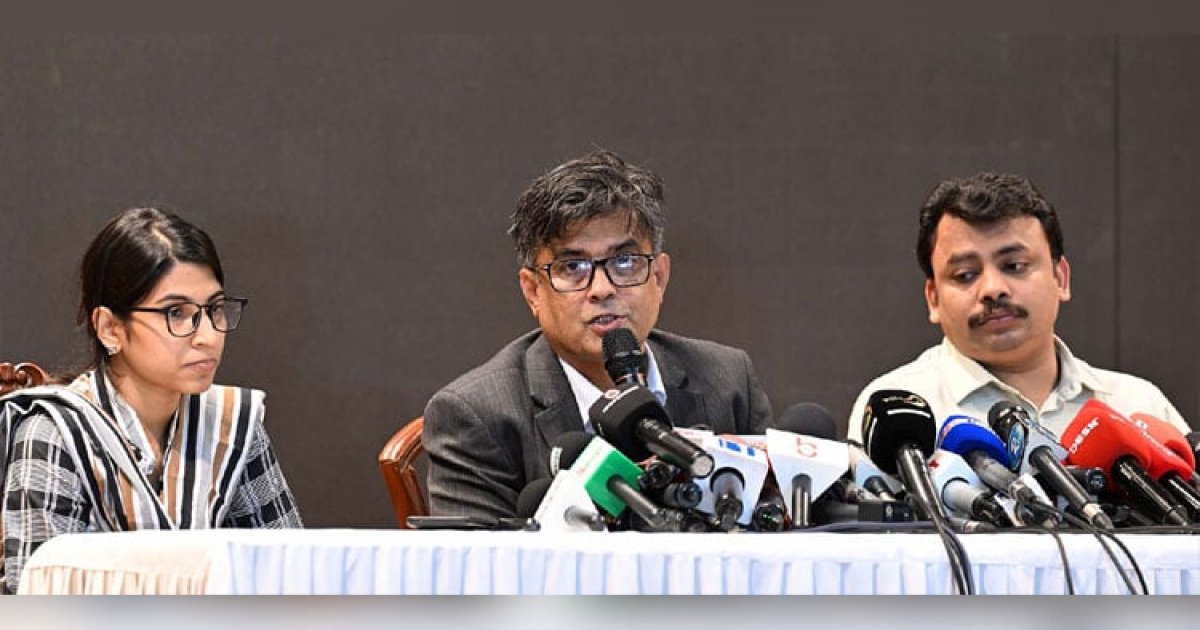The government on Thursday gave final approval to the draft of “Enforced Disappearance Prevention and Redress Ordinance 2025,” introducing capital punishment and other tough penalties for the offence.
The Council of Advisers gave the approval at its 47th meeting at the Chief Adviser’s Office with Chief Adviser Professor Muhammad Yunus in the chair.
“The ordinance defines enforced disappearance as a continuing offence and makes both the establishment and use of secret detention centers – known as Aynaghor – a punishable crime,” said Chief Adviser’s Press Secretary Shafiqul Alam at a briefing at the Foreign Service Academy on Thursday afternoon.
As per the ordinance, he said, the National Human Rights Commission (NHRC) has been authorized to receive and investigate complaints of enforced disappearance.
The law also makes it mandatory to complete trials within 120 days after the setting up of special tribunals to investigate the complaints on enforced disappearance, the press secretary said.
The ordinance ensures protection of victims, witnesses, and information givers, and guarantees compensation and legal aid, he said, adding that a special fund and database will be created for prevention, redress, and protection over enforced disappearances.
Shafiqul Alam said the ordinance was framed in alignment with the “International Convention for the Protection of All Persons from Enforced Disappearance”, which Bangladesh ratified on August 29, 2024.
He said this legislation marks a decisive step toward safeguarding life and personal liberty under the Constitution.
The press secretary said that with this law in effect, “no future fascist government will be able to establish a regime of disappearances or Aynaghor (secret prisons) in Bangladesh.”
About the number of the victims of enforced disappearance, Shafiqul Alam said hundreds of people fell victim to enforced disappearances during the Sheikh Hasina regime.
Noting that the “Commission of Inquiry on Enforced Disappearances” received about 2000 complaints, he said, but, according to the commission members, the number of victims would be over 4000.
There were hundreds of “Aynaghors” across the country where the victims of enforced disappearances were confined, the press secretary said, adding that, though many of the victims returned from the “Aynaghors”, many people, including some BNP activists, still remain unaccounted for.



